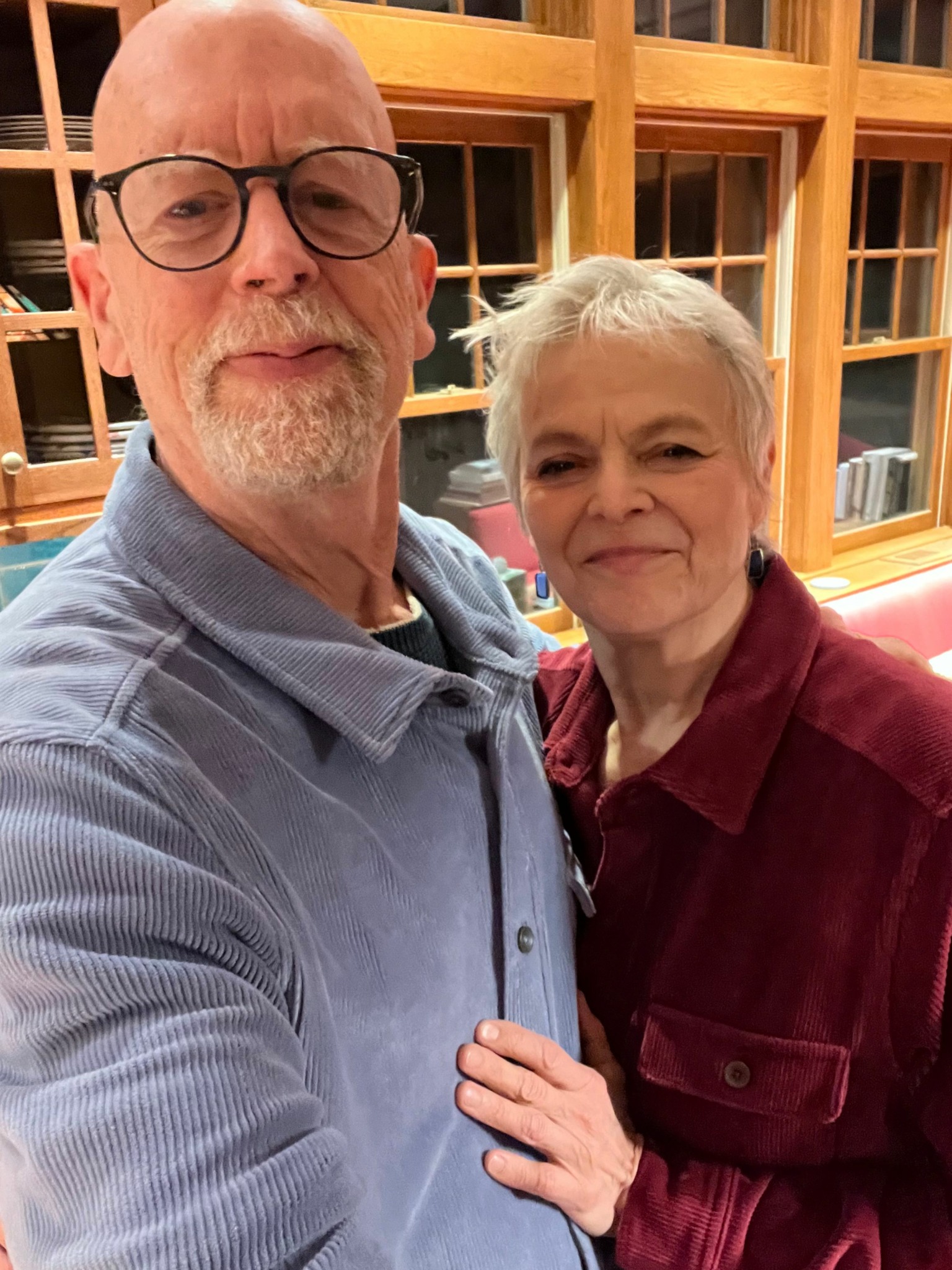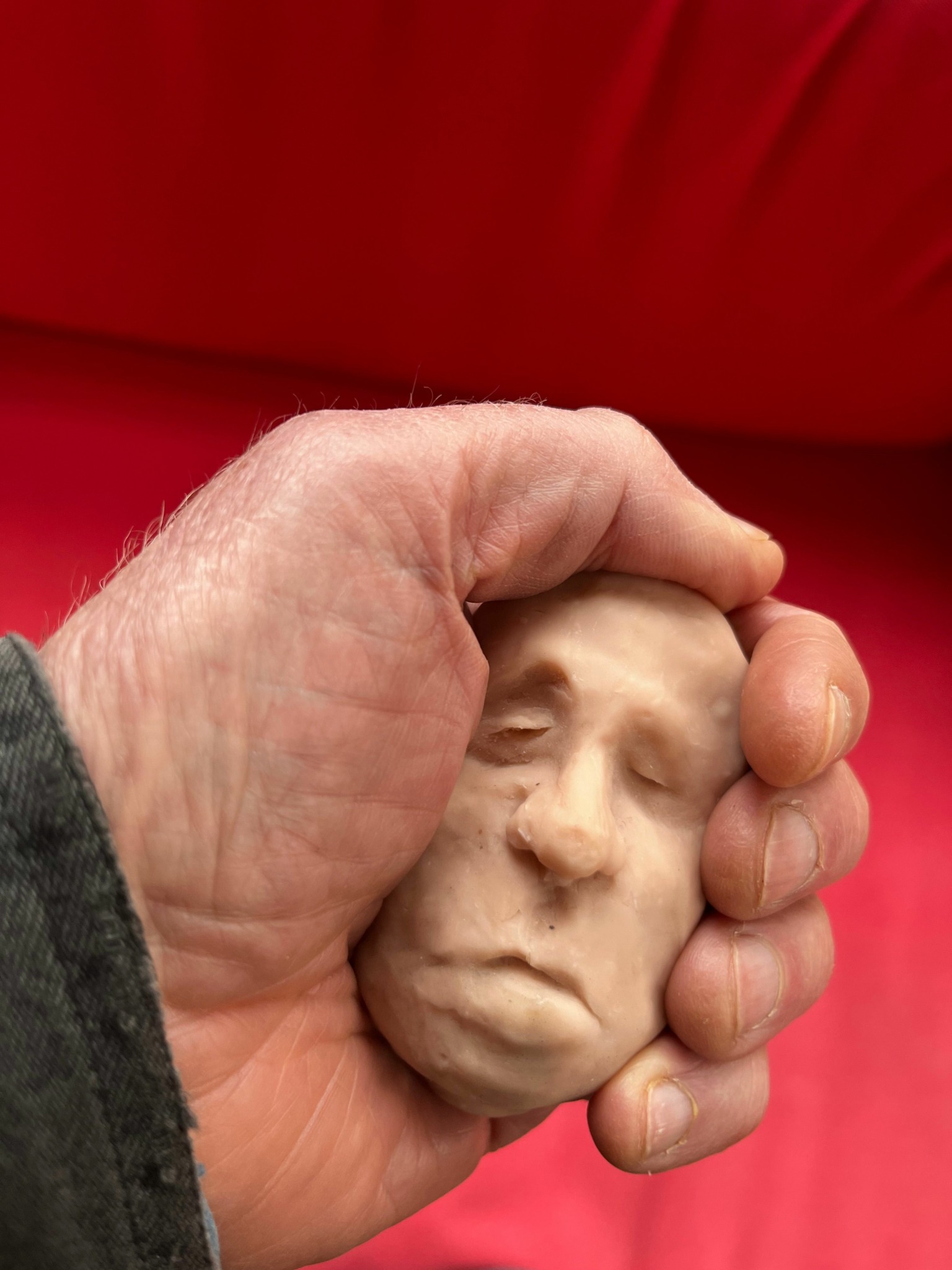We caught up with the brilliant and insightful Rinde Eckert a few weeks ago and have shared our conversation below.
Alright, Rinde thanks for taking the time to share your stories and insights with us today. Can you talk to us about a project that’s meant a lot to you?
During my formative years I made several pieces that were definitive for me. This was in the late 80’s in San Francisco when there was a very vital interdisciplinary art scene (before the dot-coms bought up all the loft space, drove rents up, and performance venues disappeared). Everything I touched seemed to work. Then my hubris got in the way and I took on a couple of big pieces I wasn’t ready for. The bottom fell out and I found myself back at what seemed like square one. I decided to make a one-man piece, something I could control. It was called The Idiot Variations. I collected several instruments over the period of a year and started composing pieces on them. At the same time I wrote several monologues on the idea of the Idiot, Holy fool, and eccentric genius. This proved to be a turning point. The piece got me back in touch with my gifts and I was off and running again. I did it in a few languages, taking it to Prague to perform it in Czech, to Graz to do it in German, and all over the English speaking world.
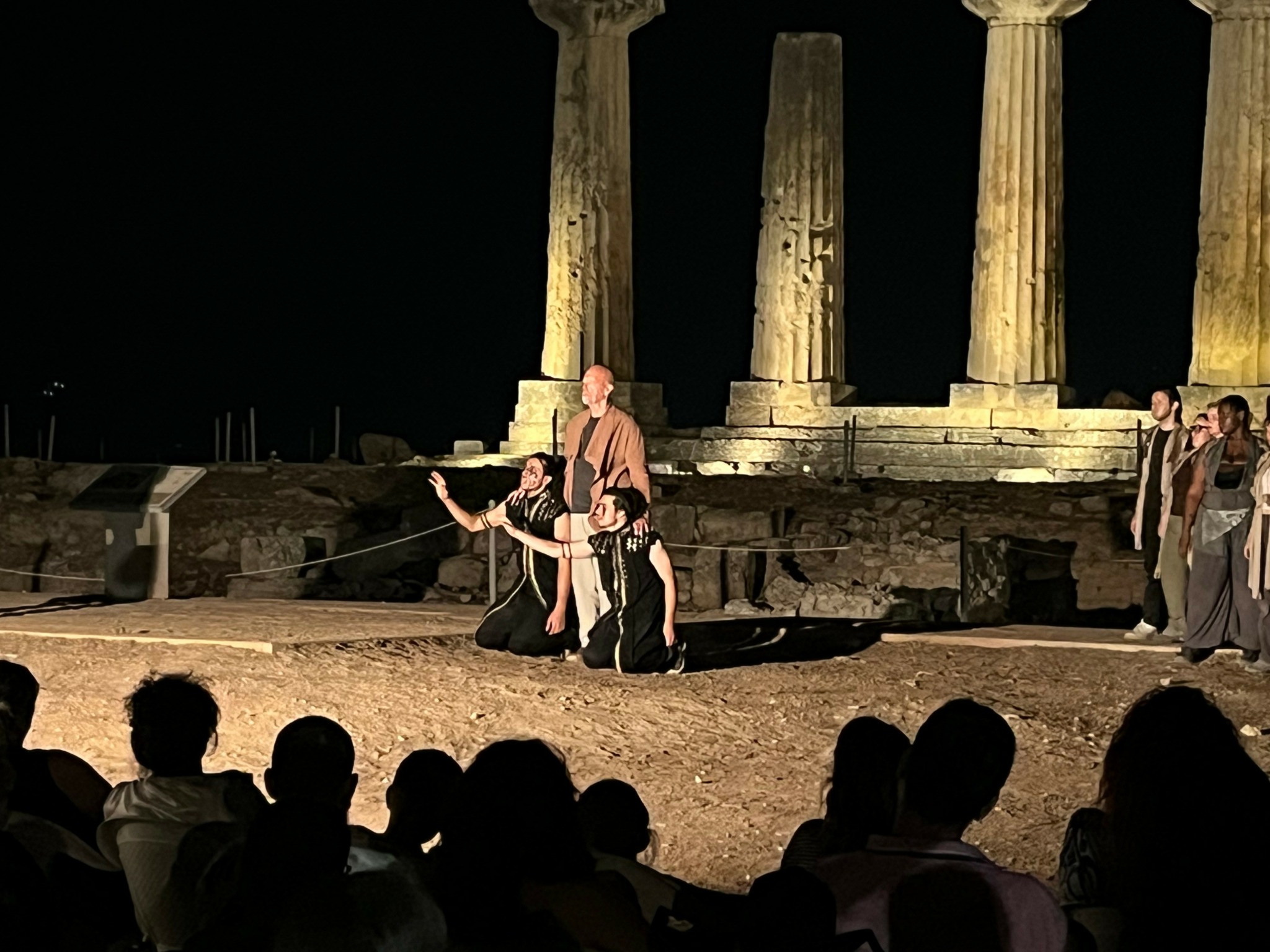
As always, we appreciate you sharing your insights and we’ve got a few more questions for you, but before we get to all of that can you take a minute to introduce yourself and give our readers some of your back background and context?
I am the scion of musicians, so from an early age I was singing. My parents were opera singers, so I gravitated to that discipline initially. I soon discovered that the opera world was not where I would find myself. I found my colleagues in the Avant-Garde. I worked in a couple of collaborative groups, then started writing librettos for the composer Paul Dresher.
I was also composing scores for dance companies as well. (Contraband, and the Margaret Jenkins Dance Co. to name two)
Soon I felt the need to define my work outside of these collaborations. The work is fiercely interdisciplinary. I’ve been fortunate enough to garner some prestigious awards and nominations: Obie Award, Grammy, Doris Duke Performing Artist Award, Guggenheim Fellowship, an Alpert Award in theater, a Marc Blitzstein Award from the American Academy of Arts and Letters, and distinction as a finalist for the Pulitzer Prize in Drama.
Some of these are for my music, some for my writing, some for my collaborations.
I am happiest when collaborating with artists I respect and love and from whom I learn.
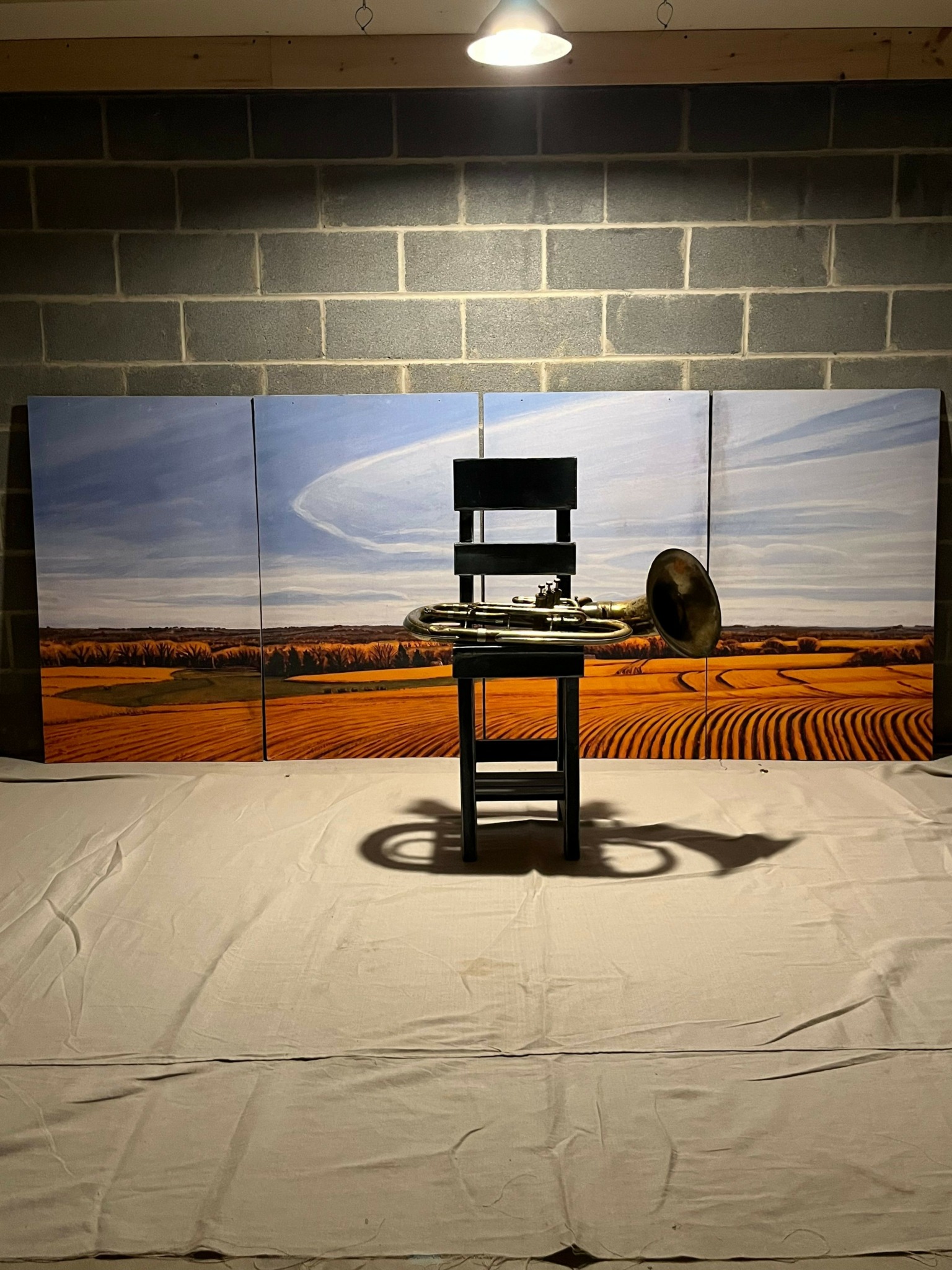
What do you find most rewarding about being a creative?
Art is a particularly rewarding way of seeing the world, of moving in it, of reacting to it, of dancing within it.
As artists we aren’t content to simply consume. We want to understand, and then work with that understanding, make it visible, audible. I was once in the high desert with a group of artists. We were have a pizza party. I left the group to take a short walk, flushed a quail, then found a nest of eggs. Walking back to my friends, I related my find. Susan Rothenberg, a wonderful painter, was among the group. She asked if she could see the nest. I took her back to it. Watching her take in this gorgeous nest of eggs was an unforgettable experience. She wasn’t just looking at them, she was absorbing them, melding with them, I could see her painting them into herself. This is what it is: the artist becomes an extension of the world, and world becomes an extension of the artist. We allow ourselves to be changed by beauty, by ugliness, by grandeur and simplicity. Then we celebrate that change in a unique way.
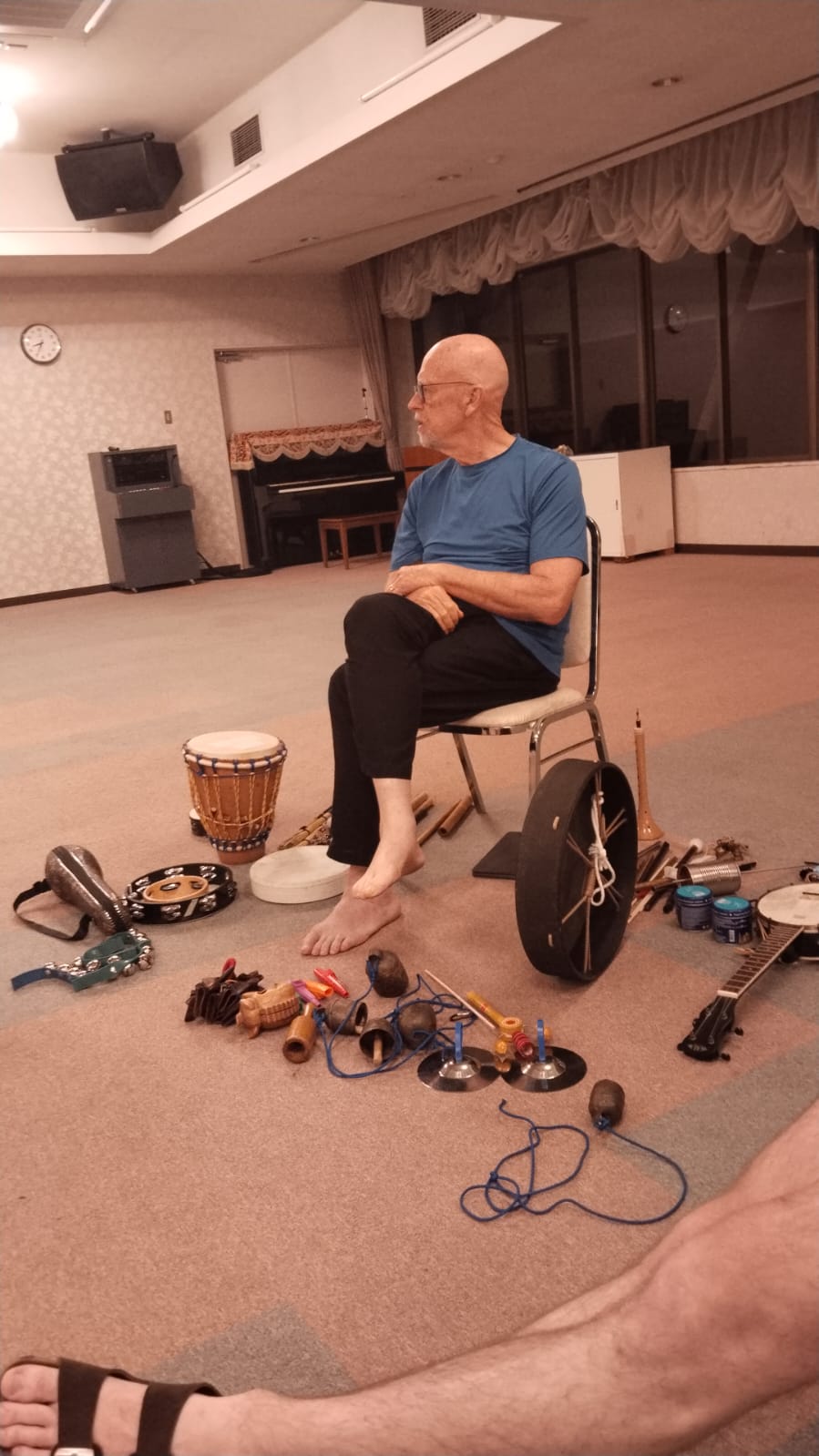
What can society do to ensure an environment that’s helpful to artists and creatives?
We live in a very materialistic society, particularly here in America. We’re also living through a particularly crass age, all entertainment all the time. We are captivated and manipulated by our devices.
So the first way to support the arts is to recognize their value to us, then speak of that value to others.
Get off the screens and see something live, a painting, a play, a concert.
Begin to take back your time from the commercial forces that want to manage it for you, take it from you,
Invite an artist to dinner.
Notice the difference between one thing and another, one color and another, one song and another.
Breathe, move, sing, dance, Dive deep and feel deeply.
Stay aware. Don’t let yourself be manipulated by constant and superficial entertainment.
Ask bigger questions.
